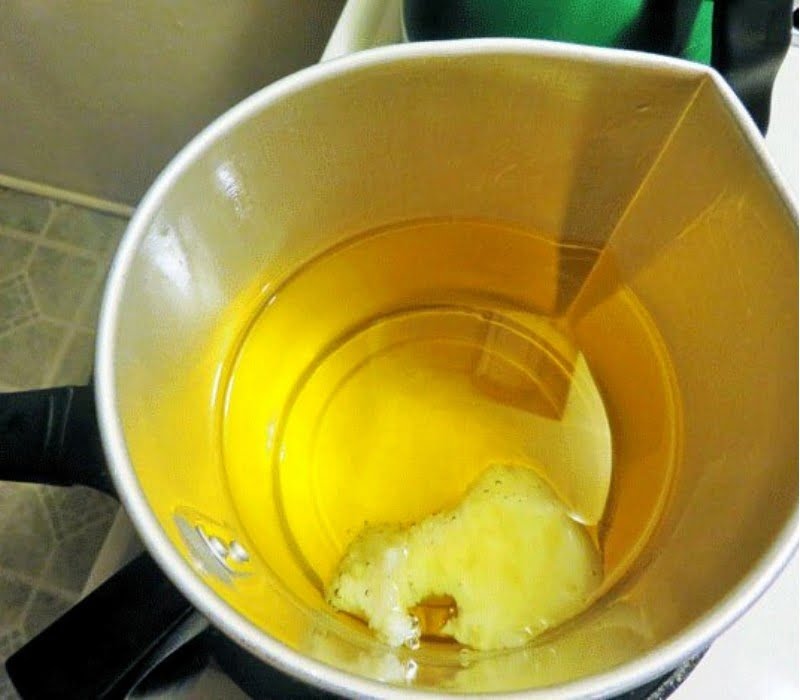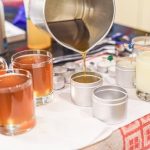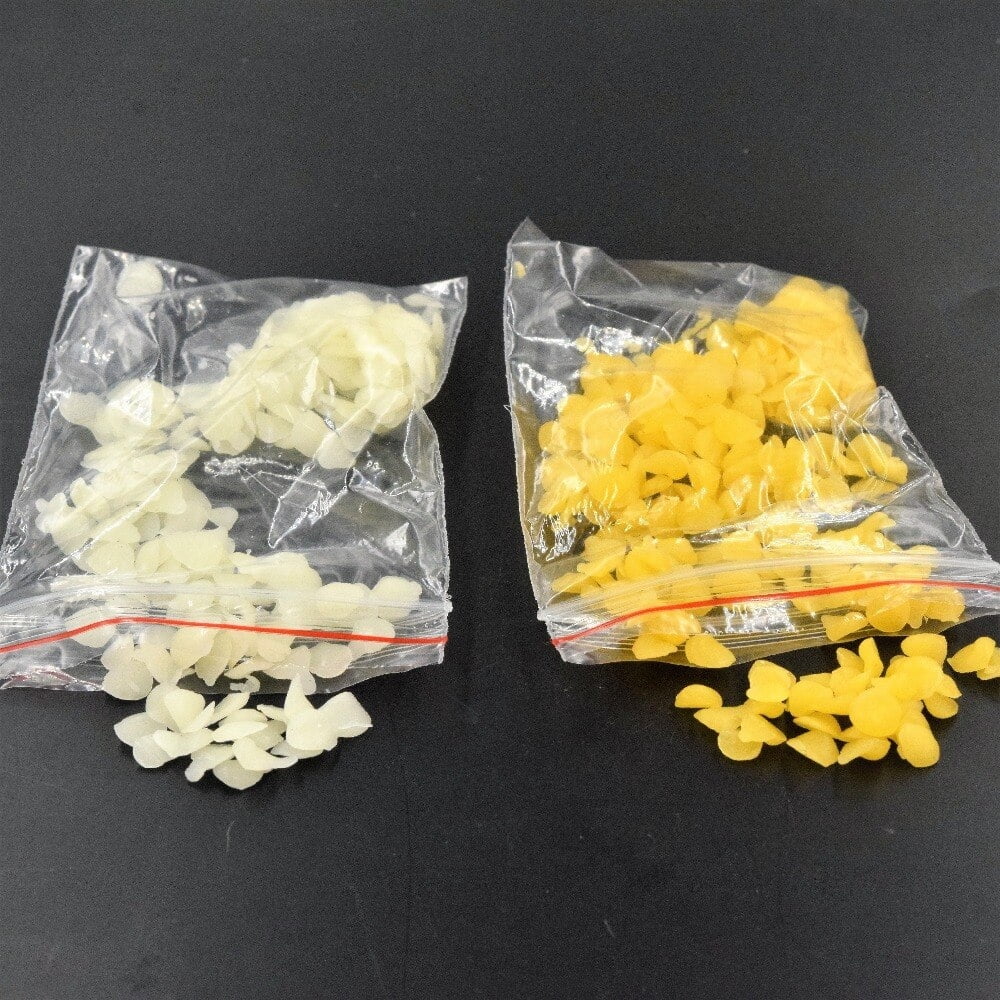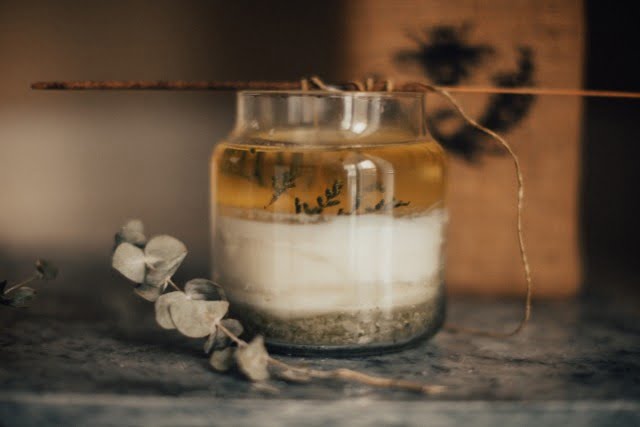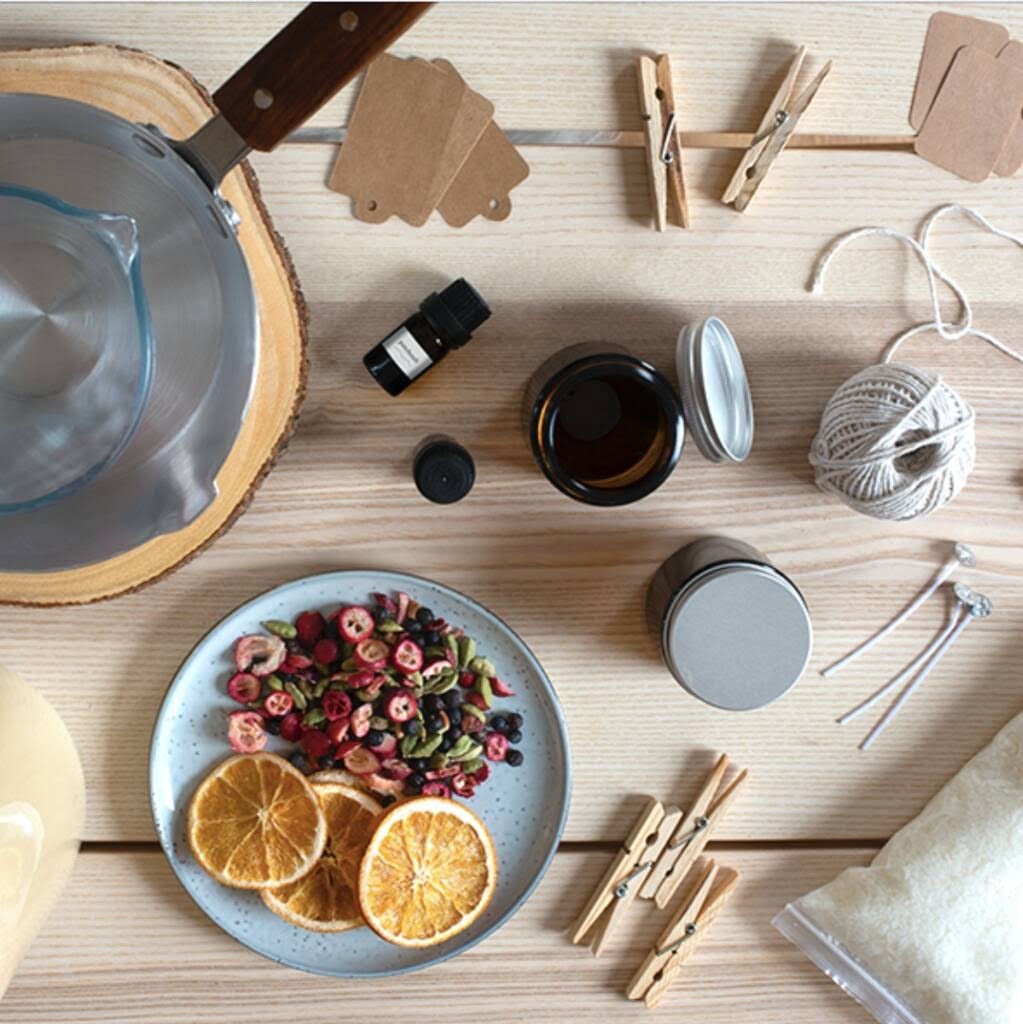Introduction
Colored flames involve a combustion chemical reaction with metal salts resulting in an array of vibrant, colored flames that can be used to add a stunning visual effect to any event. The discovery of colored flames was made by Arab chemists in the 13th century who experimented with burning metals and salts to produce beautiful colors. Along with their practical use in fireworks, industrial lighting and blacksmithing, they also provide an exciting decorative element for special occasions like birthday parties and celebrations. Colored flame candles are now available for all types of candlemaking, from beeswax to soy paraffin. They can be used as a fun way to make DIY gifts for friends or family members or just for creating simple yet dramatic mood lighting. The procedure for making colorful candles is relatively easy; some of the materials required include beeswax, dye and metal salts. When burned properly these candles will create mesmerizing effects with unique color combinations that can light up any event!
Benefits of Colored Flames For Candles
Colorful flame candles are not only aesthetically pleasing, but they can also be beneficial in many ways. Colored flames can be used to match the decor of any room and create ambiance, whether it be a cozy corner or an elegant centerpiece. Not only do these colored flames add atmosphere, but they can also be seen from farther away than traditional white flames. This makes them perfect for darker and hard to reach areas where you need more light. Colored flame candles have been gaining popularity in the home décor community, as they provide a great way to light up any space without taking away the natural beauty of your surroundings. They also come in a variety of colors making them incredibly versatile, so you can find one that fits perfectly with your existing decorations or theme. Another benefit of using colored flame candles is that they burn longer than traditional white ones. Because the color is produced by metallic salts, which requires heat and oxygen to operate, these candles tend to last longer than regular wax ones.
Types of Colorants and Waxes To Use For Colored Flames
Making candles with colored flames is a fun and unique way to add a creative element to any candle-making project. The colors in the flame are created using colorants, which are added to the wax before the candle is poured. Some common types of colorants used for colored flames include pigments, dyes, or chemicals such as metal salts. Pigment colorants are granules that make colors brighter and last longer while dyes dissolve into wax when heated. Metal salts create vibrant colors and are preferred in candles with cleaner burning tendencies since they will not change over time.
When choosing a wax, it is important to find one that has low melting point, good adhesion abilities and compatible with colorant additives for even distribution of pigment or dye within the candle wax. Some popular types of waxes used for making candles with colored flames are paraffin, beeswax, coconut oil/cocoa butter blends, soy wax and palm wax. Paraffin wax is easy to work with but can release toxic fumes so proper safety measures should be in place when working with it. Beeswax has great adhesion properties and can help add translucent hues of yellow when used in candles but the cost of beeswax makes it expensive for larger batches of candles. Coconut oil/cocoa butter blends have lengthy burn times and hold colorants well while soy and palm wax each have distinct burning characteristics ideal for different uses ranging from scented containers to dips tapers.
Step-By-Step Instructions on How To Make Candles with Colored Flames
1. Gather your materials: wax, a wick, dye, an oil-based dye or pigment, a double boiler and molds.
2. Start by melting the wax slowly in the double boiler over medium heat until all of it is melted. Make sure to stir it while doing this to ensure an even consistency throughout and that there are no lumps in the wax.
3. Place the wick in the mold before adding the wax ” if you don’t do this first it can be difficult to get it situated correctly later in the process once the molten wax is inside. Secure it by either tying a loop knot around one side and affixing it to thin metal wire at the other side that is placed along the sides of your mold, or simply let it standby as you add more hot wax but be careful not to move it too much as this may weaken its stability within your candle.
4. Add some drops ” no more than 5-10 ml ” of your chosen oil based dye into the melted wax and stir through until evenly distributed and consistently coloured throughout (alternatively for those who wish for an even brighter flame rather than just colour you can add some fine metal filings).
5. Carefully fill each mold with molten (but not too hot) wax while ensuring that all surfaces retain even levels of coverage ” this requires very careful pouring techniques or else parts of your candles might remain uncured, so take your time here and attempt several practice runs before jumping in head first!
6. Leave each newly filled mold to cool overnight before attempting to remove them from their moulds rather than trying to pry them out prematurely as doing so could easily damage your hard work!
7. Once completely cooled off you are ready to light up your new multi-colored creations!
Tips and Tricks For Making Fantastic Candles with Colored Flames
Making candles with colored flames is an exciting and creative way to add a touch of style and personalization to your space. Whether you’re decorating for a special occasion, or simply want to create something original, colored flames will draw attention. Before getting started, there are some tips and tricks worth following to get the best results.
One tip before beginning is to choose waxes that can achieve brilliant colors in their flames. Paraffin wax is most commonly used when making candles and it produces bright yellow-orange flames. If you want to produce more intense tonal variations, opt for soy wax which should produce better results than paraffin. Waxes absorb dye faster when melted so that can help in achieving particular shades quickly.
Using a dye specifically made for candles will also ensure superior results when it comes to producing different colors from the flame. Using other non-candle dyes could end up leaving marks on the base of the candle or clumping together in parts of the wick which could cause sparks and smoke.
When adding the dye after melting the wax, make sure it is cooled down first or else you risk swelling up the entire mixture due to overheating! Lastly, if desired you can use metal salts such as sodium chloride or potassium nitrate while making the candle mix; they’ll add sparkle to your color palette! For example adding gold salts will result in yellow gold hues while silver salts yield purple-blue hues! It’s important not to overdo it with these substances as they can emit toxic fumes so make sure you’re working in a well-ventilated area or outdoors as much as possible!
Creative Ideas for Using Colored Flames to Make Candles
Colored flames can create unique and attractive candles, giving your home a festive atmosphere. They are great for special occasions, gifts, dinner parties or as part of a relaxing evening.
Here are some creative ideas for making colored flame candles:
1. Use wax nuggets in varying colors to form the base of the candle. Feed the wick through the center of the nugget and secure with tape firmly around the edges. Arrange according to size and desired pattern.
2. For a special occasion, use glitter for a sparkly effect on the surface of each candle. Lay out various colors on top of each wax nugget and affix with hot glue or plastic wrap film secured tight at all edges.
3. Use pieces of broken crayons to get a fun array of individual colors when burning different colored flames in one candle holder. Simply melt each crayon color over low heat until it is melted and easy to handle then pour into your molds or spills of desired shapes, sizes and amounts before adding wick at center point inside mold/spill using tape to hold securely at both ends.
4. For elaborate designs that don’t require any extra steps during assembly try dipping colored flames directly onto wax sheets with enough reinforcement from layers beneath as support for longer lasting design integrity.. Make several scrap sheets of wax paper with these patterns beforehand and let cool before setting aside until ready to attach to pre-made candles.. Finally put together your candelabra will all colors melded together through multiple layers creating beautiful intricate designs!
Examples of Unique Candles with Colored Flames
Making candles with colored flames is a fun and exciting activity that can be done by both beginners and experienced candle makers. With the right materials and tools, anyone can make unique and beautiful colored flame candles!
One way to make unique candles with colored flames is to experiment with different types of waxes. Some waxes will produce a colored flame when burned, such as paraffin wax and soy wax. Other kinds of waxes like beeswax or bayberry candle wax are also capable of producing vibrant colors with their affiliated fragrances when burned. Using specialty wicks, such as zinc or cotton core wicks, can also help keep the flame burning brightly and consistently. Additionally, you can use molds to shape your own custom-made candle designs!
You can also enhance your easy-to-make colored flame candles by adding additional ingredients such as herbs, oils, and dyes. Adding essential oils such as lavender or tea tree oil will not only give off an unforgettable aroma but they may also add hints of color to the flame. For a colorful twist on traditional white candles, you can add dyes to create a wide range of fun colors including bright blues, deep purples and even electric greens! Finally, adding herbs like cinnamon sticks or lavender buds for decoration, odorants for scenting the oil and consistent burning times for each candle will make them truly one-of-a-kind creations!
Conclusion
Making candles with colored flames is an exciting way to explore science and ignite your imagination. Whether you’re a beginner candle maker or an advanced hobbyist, creating candles with colored flames allows you to dive into the world of color and light in a way that’s both creative and educational. Using simple household materials like salt, sugar, and baking soda, along with food-safe dyes, make it easy to craft colorful, flaming creations in practically no time. Starting from a basic premise of wax and a wick, you can personalize each candle with unique colors and patterns that tell a story all their own. In addition to being super simple, learning how to make candles with colored flames also encourages curious minds to think critically about the elements needed to make them their own special creation. With some time, patience and experimentation”each candle set can become its own beautiful work of art.

Welcome to my candle making blog! In this blog, I will be sharing my tips and tricks for making candles. I will also be sharing some of my favorite recipes.

